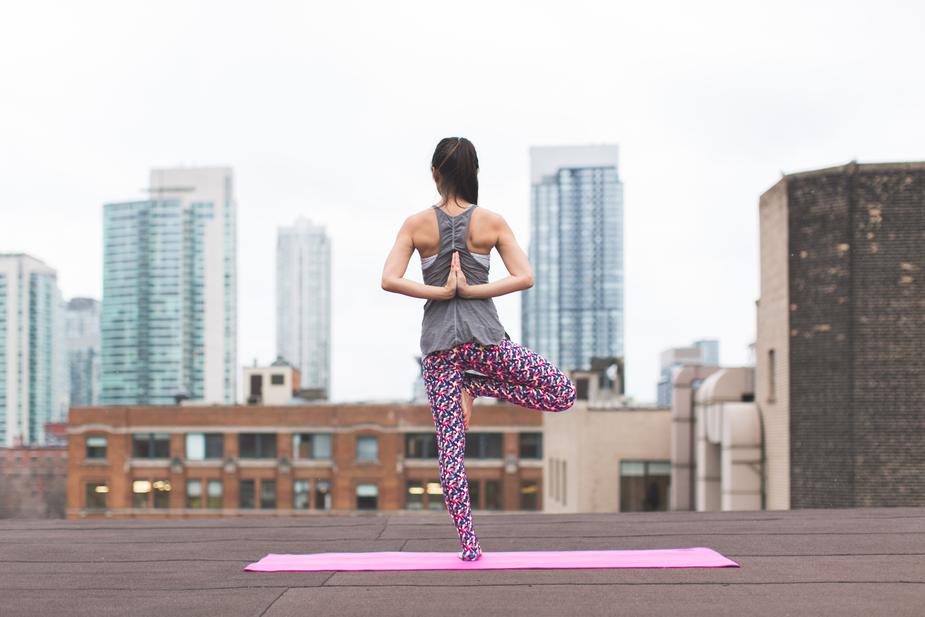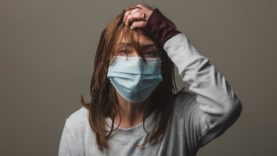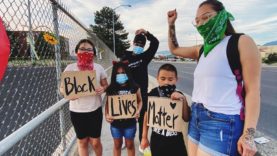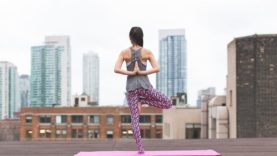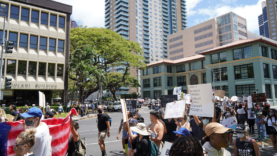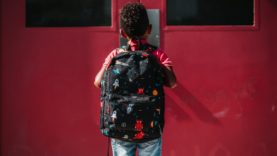How self-isolation affects your mental health
Many states and countries have been under self-isolation for months, and there are hundreds of questions running through the minds of many. Self-isolation and social distancing measures have proved their effectiveness in slowing the spread of the virus, however, many raise concerns about the mental health toll. Shorter lifespans and worsening mental health are just a few side effects pointed out in recent studies.
According to the Kaiser Family Foundation Health Tracking Poll, people who feel lonely are 50% more likely to have an early death. The same poll also came with the results that 47% of people reported that they had adverse mental health effects since the stay-at-home policy.
But the virus is not the only reason for rising depression and anxiety.
From bars to virtual “happy hour”
Claire Olmstead, a student at the University of Nevada-Reno has a history of mental illness since the age of 16. Olmstead has been bouncing back from California to Nevada since her university was moved onto online.
Before the virus, Olmstead was seeing a therapist at her university. But after the shutdown, she lost contact with him and has since then struggled to find a new one.
“It’s ‘beggars can’t be chooser’ because there’s only like so many people that are willing to take new people. Then there’s only so many people to do in person, or that are within my budget. Or that’ll take my insurance,” states a frustrated Olmstead.
She has been practicing the stay-at-home policies, limiting her time outside in public, and keeping her distance from her friends and others.
Though she states that “happy hour,” game nights, and other gatherings via Zoom helped, it can only do so much in combating her claustrophobia and anxiety of staying inside all the time.
“It feels like the world is closing in on you and that kind of sucks when I’m not in a huge space. I can be in my room, or out in the living room–those are my choices,” said Olmstead.
Stepping in another set of shoes
Soon to be a therapist, Luke Cylke, who is currently doing a residency/internship at the University of Nevada-Reno counseling service center, suggests another approach and outlook to the self-isolation. Cylke’s clients were already struggling with depression and anxiety before the virus — a common thing among college students and other adults.
“Accept what you can’t change and maybe reflect why it’s difficult to be alone,” says Cylke.
From 2017-2018, according to Kaiser Family Foundation, at least 17 million Americans had a major depressive episode.
“The best thing you can do is keep a social network, whether that’s through Zoom or just daily phone calls. There are so many apps, and you have to get creative,” stated Cylke.
Do you have your own experience you’d like to share or have any questions to ask? Sign up for a free account and post directly to our LiveFEED!
Featured image courtesy of Matthew Henry.













